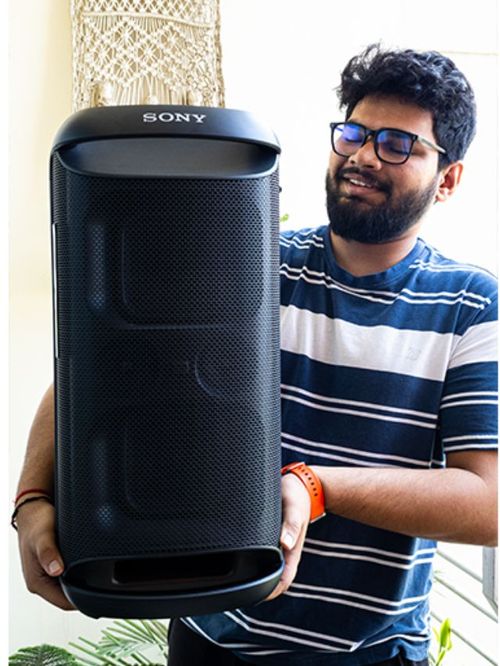
WhatsApp will shut operations in India if it is forced to break end-to-end (E2E) encryption. Do note that these comments were made by WhatsApp’s advocate, Tejas Karia, to the Delhi High Court, according to NDTV. The Meta-owned messaging app has challenged Section 4 (2) of the Information Technology (IT) Rules, 2021, in the Delhi High Court.
The rule requires social media intermediaries —especially instant messaging platforms like WhatsApp— to reveal the first originator of certain messages, which would require the end of E2E encryption.
WhatsApp Threatens to Shut Operations in India
According to the advocate representing WhatsApp, E2E encryption is what makes people use the platform in the first place. The company argues that Section 4 (2) of the Information Technology (IT) Rules, 2021, violates user privacy laws, which are Articles 14, 19, and 21 of the Constitution of India.
In response to WhatsApp and Meta’s appeal, the centre’s counsel, Kirtiman Singh, contended that the main idea behind the law is to find the originator of fake news or hate speech. He further emphasised that there has to be a way to trace the messages back to their source. Moreover, the Ministry of Electronics and Information Technology states that WhatsApp is violating the fundamental rights of Indian users by not offering dispute resolution rights.
However, WhatsApp stressed that there are no such rule anywhere else in the world, not even Brazil. WhatsApp’s legal team contends that India is the first country to demand traceability.
According to the company, this may harm unsuspecting users like those who simply share information they heard out of concern or screenshot information online and share it in their circle. This way, even though they might not be the source, they become the originator on the platform.
Moreover, in its official blog, the company mentions, “To comply with traceability requirements, platforms may be forced to enable access to the content of their users’ communications, breaking end-to-end encryption and considerably weakening the security and privacy of their product.”
WhatsApp also mentions that to trace even one message, services would have to trace every single message. This is because there is no knowing which message the government might ask to trace. With over 400 million users in India alone and over 100 billion messages sent on WhatsApp daily, it will be a herculean task. According to Kalra, this will require WhatsApp to store billions of messages for years.
As of now, the Delhi High Court has adjourned the matter to August 14 and called for a balance to be struck.














